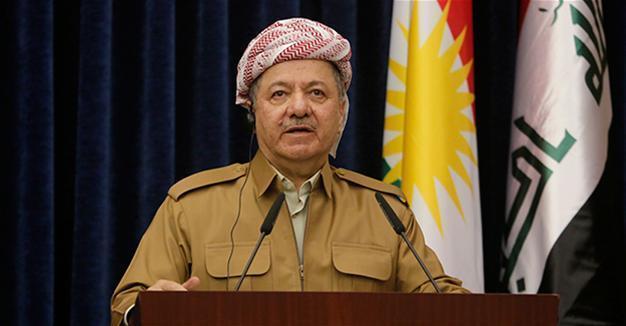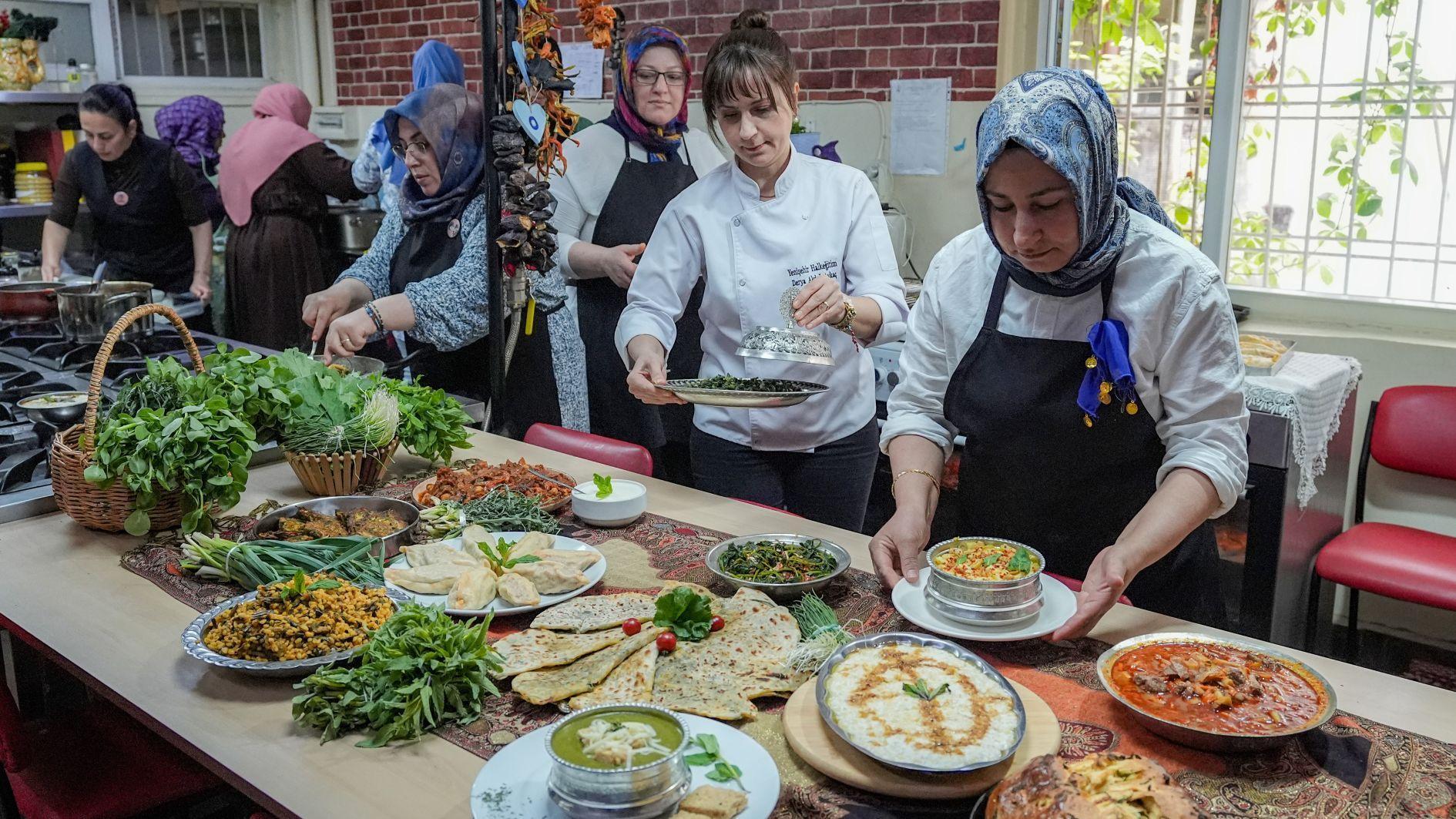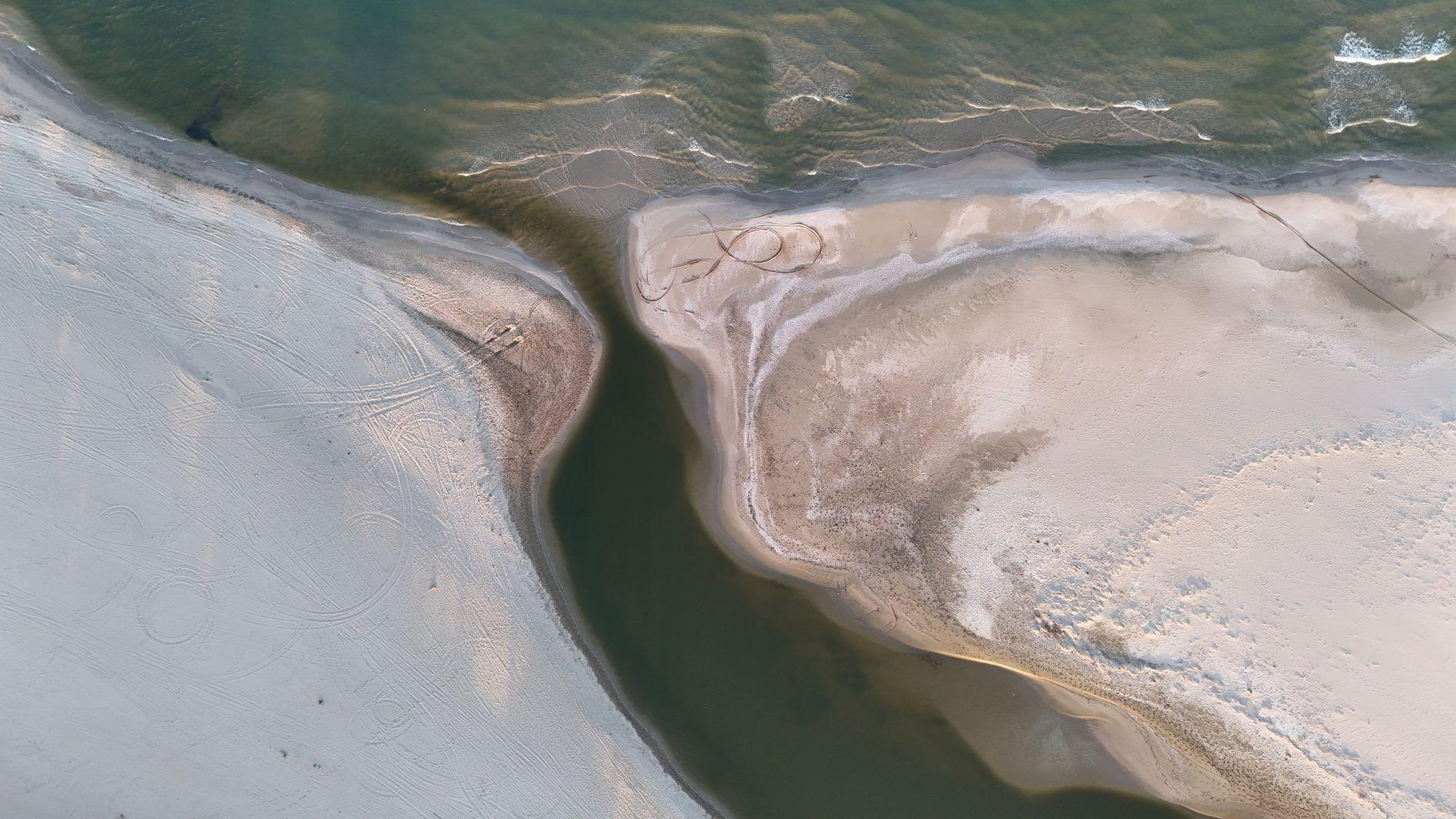Iraq’s Shiites oppose Kurds’ independence
 Iraq’s Shiite ruling coalition would oppose Kurdish plans to hold a referendum on independence after the defeat of Islamic State of Iraq and the Levant (ISIL), its president has said.
Iraq’s Shiite ruling coalition would oppose Kurdish plans to hold a referendum on independence after the defeat of Islamic State of Iraq and the Levant (ISIL), its president has said.Speaking to Reuters in Cairo, Ammar al-Hakim advised the Kurds against any unilateral move to annex a disputed oil-rich region which they gained during the war against ISIL.
“If this referendum happens, it will be unilateral,” said al-Hakim, who is president of the National Alliance, a coalition of the main Shiite political groups, including Prime Minister Haider al-Abadi’s Dawa party.
“We will insist on dialogue” as a means to resolve the disagreement, the influential cleric said when asked what the Shiite parties would do if the Kurds insist on holding the referendum.
“We believe that the politics of accomplished facts and drawing borders with blood hasn’t succeeded in any country of the world and won’t have good results in Iraq either,” he said.
Iraq’s majority Shiite Arab community is located mainly in the south while the Kurds and the Sunni Arabs live in opposite corners of the north. The center around Baghdad is mixed.
Iraq’s main Kurdish parties announced this month a plan to hold a referendum on independence this year.
The Kurds say the expected “yes” outcome would strengthen their hand in talks on self-determination with Baghdad and would not mean automatically declaring independence.
“The purpose of the referendum is to seek out the opinion of the Kurds and then start a dialogue with Baghdad,” Massoud Barzani, the president of Kurdistan Regional Government (KRG), told reporters on April 20 in the Iraqi Kurdish capital of Arbil.
Kurdish forces control more territory now than the area on which the KRG was established after the U.S.-led invasion that toppled Saddam Hussein in 2003.
Iraqi Kurdish independence has been historically opposed by Iraq and also its neighbors, Iran, Turkey and Syria, as they fear the contagion for their own Kurdish populations.
The Kurds have their own armed force, the Peshmerga, which in 2014 prevented ISIL from capturing the oil region of Kirkuk after the Iraqi army fled in the face of the militants. They are effectively running the region, which is also claimed by Turkmen and Arabs.
Hardline Iranian-backed Iraqi Shiite militias have threatened to expel the Kurds by force from this region and other disputed areas.
Al-Hakim, however, downplayed the risk of military confrontation between the Shiite and the Kurds.
“Using weapons against Iraqis is not an option,” he said.
















